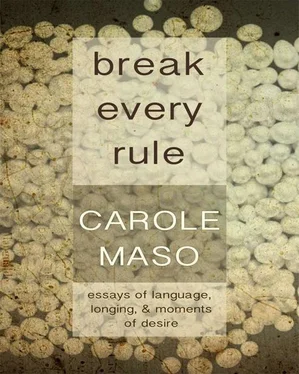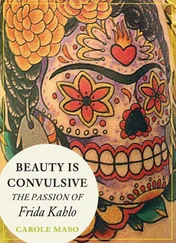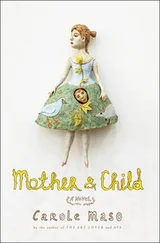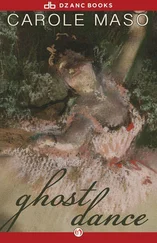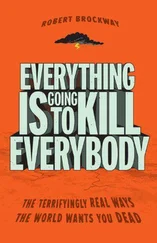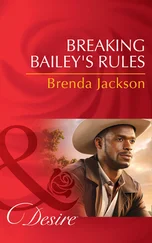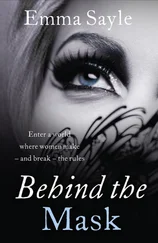And that the formal patterns not constrict. Ephemeral, imperfect, stories without their old authority. “Notebooks” maybe “rather than masterpieces.”
Somewhere around seventh grade it seemed everyone was killing themselves or being killed. I was often afraid. Jimi Hendrix. Janis Joplin. RFK. Martin Luther King. The desire of the girl to be a horse. To run away or save. Save anyone. Just once.
The brother draws the letter K. The mother guides his hand. Says: try . Says: you can .
To use scenes, to ask scenes to function as image. I think unconsciously this was what I was trying in my first novel, Ghost Dance . So that scene by scene it makes the kinds of leaps that poetry makes line by line.
How to get character to function as image without contrivance. Time as character.
To witness the unfolding of the imagination across time and space. Like the sun rising on the bay. Provincetown in winter.
As we walk through plane after symbolic plane. In The American Woman in the Chinese Hat the fountain, the roses, the figs, the light, the forever.
In The American Woman in the Chinese Hat to find the formal arrangement of words in that limited and constantly diminishing set of possibilities that might save both protagonist and author. The struggle enacted on a formal plane.
Each word a fig .
After all the betrayals.
To orchestrate color in The American Woman in the Chinese Hat: pink and sea-green drinks, yellow drinks, a poet in a white dress, a young Arlesian in a bright blue robe, like hope — and then to systematically drain the world of every color — except red.
Vin rosé, Cotes du Rhône — so many roses, and a red dress .
A red-drenched ending.
To take one to the point of no return — and then somehow, I don’t know how, to return.
Fidelity to one’s perceptions. Trust. We look out the window at the red sign that says PSYCHIC .
One of the direct challenges of poetry is to make language work again. Something fiction, although it is made of language, tends to relegate almost always to the basement. To be responsive and responsible to thought, to emotion, to the body, in language.
Poetry to my mind rejects habitual thinking far more readily than fiction. There seems less reverence for the accepted, the tired, the cherished gestures and forms. Fiction, too often, has substituted plot for structure. Fiction writers must be structuralists in order to realize the potential of the novel or the story, but for the most part they are not.
Only now and then, I realize, do I get anywhere close to a real insight, anywhere near. As usual, I grope in the dark. Aim at the thing.
The ultimate trust. To let go in the dark .
Not to fear being ludicrous. Not to fear failing magnificently. Like the films of Kieslowski, for example. Walk the fine line between being simply preposterous and utterly convincing.
Not to protect oneself. Expose your heart. Your circular, flawed, contradictory thought process, your hopes, ambitions, vulnerabilities.
To write risking ridicule. To risk being ridiculous, inappropriate, over the top. Defiance will be such a project.
Fiction might allow miracles to arise in the luxury of its space and time. It has the capacity to dramatize interior states. To dramatize longing, to dramatize distance.
As a girl when she was sad she would turn herself into a horse. Her left-handed brother. He’s very sick.
I don’t remember the knife from before , the American woman says near the end to the young Arlesian— or your blood red robe .
Every rose pulses .
In a novel far away longings can be quite literally far. The text can mirror, approximate, distance. The text can incorporate longing through its formal structures. It can make tentative approaches or bold, operatic gestures. It can enact reunion. It can double back on itself, revise itself, simulate larger postponements, resignations. Incorporate giddiness, dizziness, lust, love even. All this is possible in the novel’s structure.
Music often performs similar feats. But the novel is different in that it conveys literal meanings simultaneous to the meaning it conveys through form and through the color and timbre and rhythms of language.
Miracles might arise.
The permission to make peace, forgive, admit when you’ve been wrong. The permission to be afraid.
My friend who makes glass books, far away, calls to say—
I look out at my spring garden. Hear the pulsing rose of her heart.
One might stop time for awhile…
But a series of radiant tableaux are not enough.
A healing, a suturing, a reconciliation…everything having been broken, or taken away.
The dream all along: to be free.
There will be room and time for everything. This will include missteps, mistakes, speaking out of turn. Amendments, erasures, illusions. The creation of a kind of original space will mean:
Everything I ever wanted was there. Everything I ever feared or desired. Yes, time and place enough for everything. I’ve come closest to this, thus far, in AVA .
A place where there would be time and opportunity enough to turn old hierarchies on their heads. A place to re-imagine epiphany.
And if not the real story, then what the story was for me .
Mallarmé’s “Le Nenuphar Blanc.” Each image devolving until all that is left is the pure, white strangeness of the water lily.
I don’t remember the knife from before, or your blood red robe .
She remembers the little emperor and how his hands turned the water red. Rose trout. She slept with a girl with crimson hair once. Objects are emanations of the subconscious. As in poetry there is a juxtaposition of themes and motifs. A manipulation of sound. Sound as desire.
Ava Klein in my AVA on the last day of her life with her one last late hope: Chinese herbs. World traveler, she had wanted to see China. This longing called up as she swallows one tablet after the next. She may have had lovers there, friends: Shi Sun, Steve Ning, Victor Chang. A line of beautiful boys — which recalls her friend Aldo, an opera singer, dead of AIDS, and his beautiful boys. Chinese tablets, China, Chinese boys, a poem: (She was a lover of literature, a professor of literature and desire.) Healing herbs, the healing lines of a poem by an ancient and forgotten poet. The one thousand Chinese murdered in a square. The desire to heal them. And all those who have been murdered. Her family in Treblinka, the whole universe, the breaking heart of the world. “The desire to speak in a language that heals as much as it separates,” as Hélène Cixous says. And maybe this after all is narrative.
And if not the real story—
The ability to embrace oppositional stances at the same time. Contradictory impulses, ideas, motions. To assimilate as part of the form, incongruity, ambivalence.
To make a place for ambivalence or uncertainty to be experienced and not just referred or alluded to seems one of the most interesting challenges of the novel. The tentative, the unresolved, the incomplete might be enacted. Played out in the theater of one’s imagination.
The potential for celebration. Exuberance. Virtuosity. Joy.
What did you think was beautiful there?
The intricate pattern on the scarf on the head of a Yugoslavian woman is beautiful, and the way you tried to hide your disappointment at not winning the prize so as not to spoil the evening is beautiful. And the small bird as it arrives elegantly on the plate. And how surely if I have loved anyone it is you. And how you understood in the end why we could not make it work, despite love — despite everything we had going .
Читать дальше
